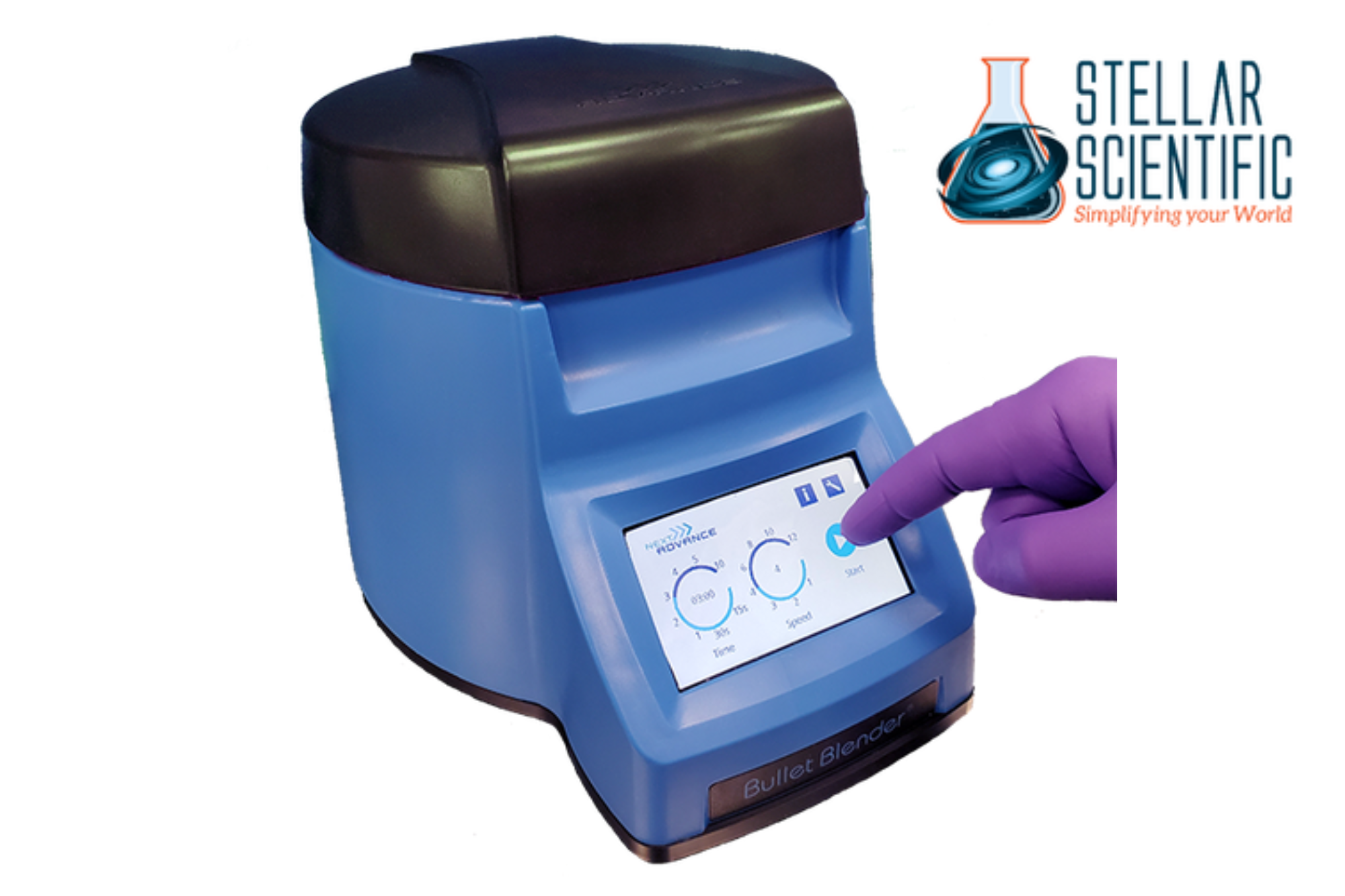In scientific research and industrial applications, precision and consistency are critical. Homogenizers play an essential role in laboratories, ensuring that samples are processed uniformly for accurate results. Whether for pharmaceutical research, food testing, or biotechnology, these advanced devices streamline sample preparation, reduce variability, and enhance efficiency.
Homogenization is the process of breaking down and blending materials to create a uniform solution or suspension. This is particularly important in applications such as cell disruption, tissue sample preparation, and emulsification, where maintaining sample integrity is paramount. As the demand for higher accuracy and reproducibility grows, laboratories seek cutting-edge solutions to enhance performance and reliability.
Advancements in Homogenization Technology
Technological advancements have significantly improved homogenization equipment, making it more efficient, user-friendly, and adaptable to various applications. Traditional methods often relied on manual techniques or outdated equipment, leading to inconsistencies in results. However, modern homogenizers integrate automation, enhanced motor capabilities, and digital control systems to optimize sample processing.
Newer models feature:
-
Variable Speed Control: Allows for precise adjustment of processing speeds to suit different sample types.
-
Programmable Settings: Enables researchers to replicate protocols for consistent results.
-
Enhanced Safety Features: Protects samples and operators during operation.
-
Compact and Ergonomic Designs: Maximizes workspace efficiency without compromising performance.
These innovations empower laboratories to conduct experiments with higher confidence, leading to more reliable data and faster discoveries.
The Impact of Homogenization on Lab Efficiency
Efficiency is a top priority in research and industrial laboratories. Time-sensitive experiments and large-scale sample processing require equipment that minimizes downtime while maintaining accuracy. Homogenizers designed for high throughput can process multiple samples simultaneously, significantly reducing processing times without sacrificing precision.
Additionally, modern homogenizers are designed for easier maintenance and cleaning, reducing operational disruptions. Their durability and advanced engineering extend the lifespan of the equipment, making them a cost-effective investment for any laboratory setting.
Precision and Reproducibility: The Cornerstones of Reliable Research
Reproducibility is a key factor in scientific research. When experiments yield consistent results, researchers can confidently validate their findings and build upon previous studies. Homogenizers contribute to reproducibility by ensuring uniform sample preparation and eliminating inconsistencies caused by manual methods.
Precision in sample processing is equally crucial. Whether dealing with delicate biological samples or viscous solutions, the best homogenizers provide the control necessary to maintain sample integrity. By minimizing sample degradation and loss, they enhance the quality and reliability of experimental outcomes.

Choosing the Right Homogenizer for Your Laboratory
Selecting the appropriate homogenizer depends on the specific needs of the laboratory. Factors to consider include:
-
Sample Volume: Different homogenizers are designed for varying sample sizes, from microliters to liters.
-
Material Compatibility: Ensuring the homogenizer can handle the types of samples being processed, whether soft tissues, hard materials, or liquids.
-
Processing Speed and Power: Higher power is needed for tougher samples, while delicate samples require gentle processing.
-
Ease of Use: Digital interfaces, programmable settings, and automation improve usability and efficiency.
Understanding these factors helps laboratories make informed decisions, ensuring they invest in the right equipment for their research needs.
The Future of Homogenization in Scientific Research
As technology continues to evolve, homogenization will play an even more significant role in advancing scientific research. Emerging trends include:
-
Integration with AI and Automation: Smart homogenizers that adapt to sample conditions in real-time.
-
Enhanced Energy Efficiency: Reducing power consumption while maintaining performance.
-
More Sustainable Designs: Utilizing eco-friendly materials and reducing waste.
-
Greater Customization Options: Allowing users to tailor homogenization parameters to their specific applications.
These innovations will continue to drive efficiency, accuracy, and sustainability in laboratory settings, ultimately contributing to groundbreaking scientific advancements.
About Stellar Scientific
Stellar Scientific is a trusted provider of high-quality laboratory equipment, including state-of-the-art homogenizers designed to enhance research efficiency and precision. With a commitment to innovation and customer satisfaction, Stellar Scientific offers cutting-edge solutions for laboratories across various industries. Their extensive product range ensures that researchers have access to reliable and efficient tools to support their work.


